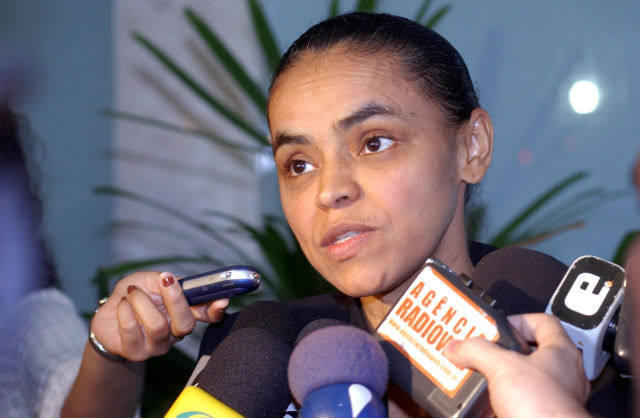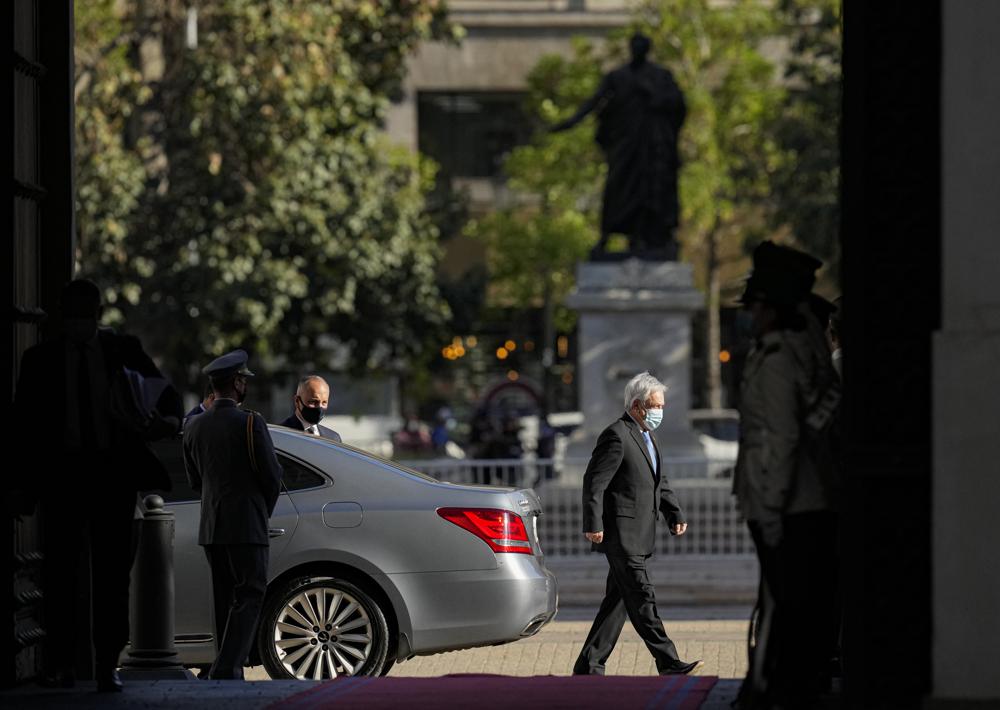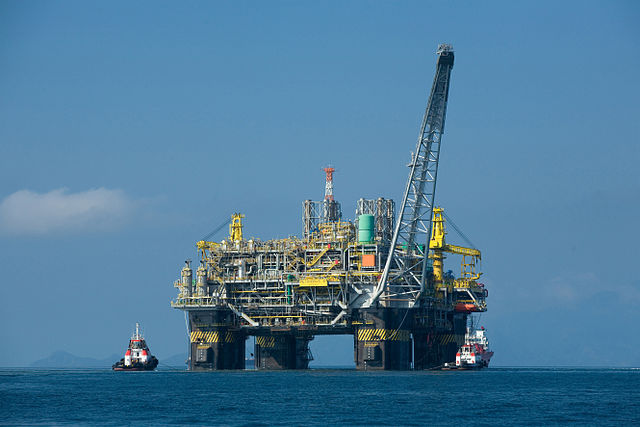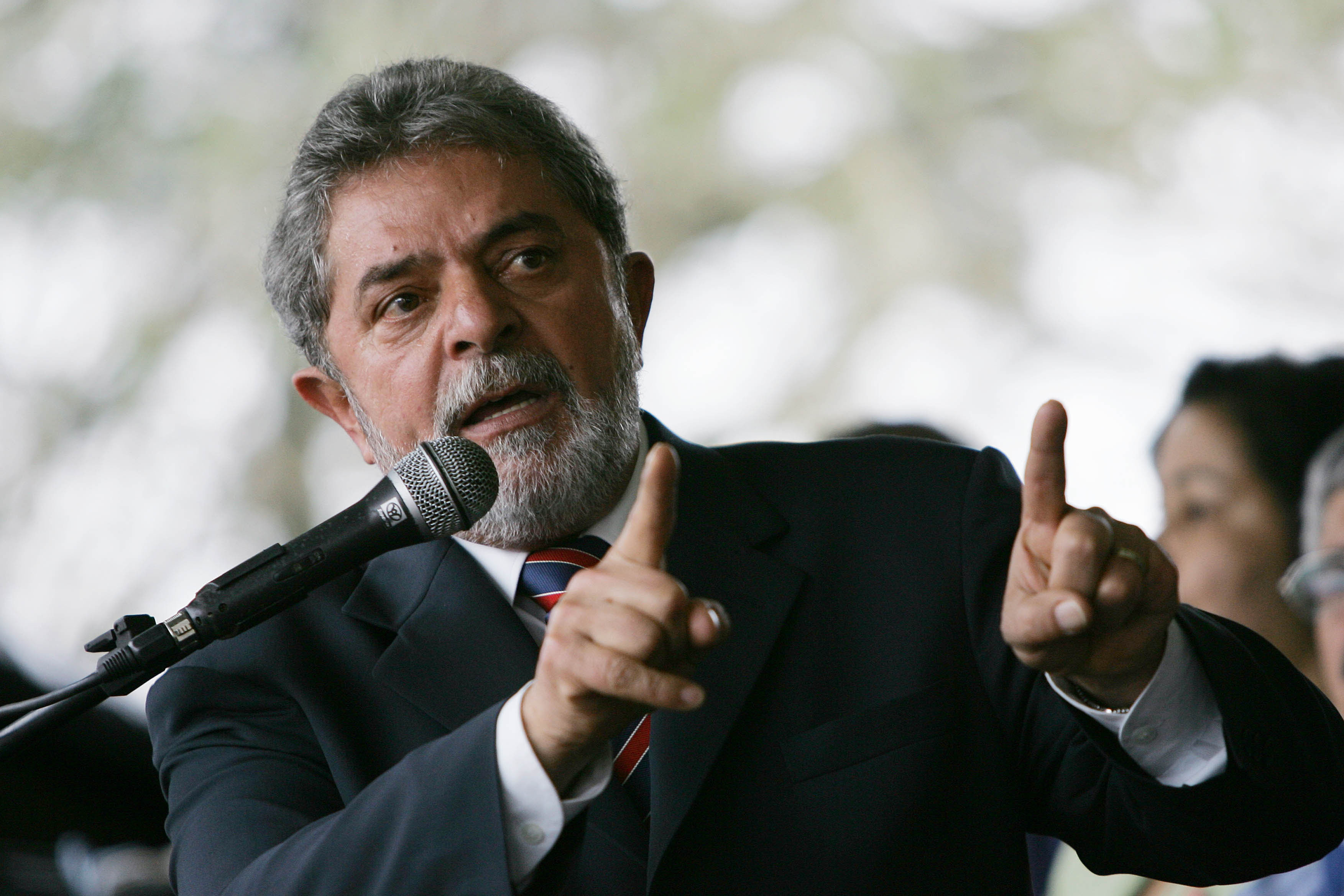
Caribbean, Cuba, Latin America: Week in Review
Cuba Live-Tweets Castro’s Speech to Parliament
July 16, 2015 By Staff
Top Story — Cuban President Raul Castro said Wednesday, in a speech shared live over newly created state social media accounts, that Cuba is prepared to enter a new stage of peaceful coexistence with the United States, adding that fully normalized relations would be impossible as long as the U.S. economic embargo remains in place.
Castro’s speech comes as the United States and Cuba set to reopen embassies in each other’s countries on July 20, and was his first public address since the plan to open embassies was announced in June.
The speech was later broadcast on Cuban state television, and more surprisingly was live-tweeted through the National Assembly’s account and shared on their Facebook page. While the tweets and Facebook updates were limited to snippets of announcements, it was an new move for a country where social media is slowly gaining popularity but price and availability remain large obstacles to internet access.
During his speech Castro emphasized his hope that U.S. President Barack Obama would continue to use his executive powers to dismantle the U.S. economic embargo against Cuba, which many Republicans in the U.S. Congress have vowed to block along with other key aspects needed for normalized relations.
Beyond the economic embargo, Castro demanded the United States provide compensation for the continued economic damage from the embargo, discontinue programs that promote “subversion” on the island and return the Guantanamo military base to Cuba.
Headlines from the Western Hemisphere
North America
- Mexico held its first auction of offshore oil leases on Wednesday amid a privatization of the energy section, but only two of the 14 shallow-water oil blocks on auction received qualifying bids in an auction marked by the abstention of many major oil companies.
Caribbean
- Documents obtained by Al Jazeera allegedly show that the U.S Agency for International Development gave some $100,000 to a political movement supporting Haitian President Michel Martelly during elections in 2010, a potential conflict of interest for the agency.
- U.S. Democratic legislators warned on Wednesday that if Puerto Rico isn’t allowed to restructure its massive public debt, the resulting effects could produce a humanitarian crisis.
Central America
- U.S. Immigration and Customs Enforcement recently released more than 200 Central American detainees who were slated to be deported, shortly after which a government watchdog found systemic irregularities in how immigrant families have been detained and deported by the agency.
Andes
- Colombia overtook Peru in 2014 as the country with the largest area covered by coca plants, according to a U.N. report released Wednesday, and while production has decreased in Peru, its coca plants also tend to yield more cocaine.
- Peru has become the latest country in the region to pass laws seeking to prevent small groups of holdout bondholders from preventing debt restructuring, a policy change inspired by an ongoing dispute between Argentina and foreign investors.
Southern Cone
- Young girls in Brazil routinely marry older men in order to escape abuse at home, in the event of a pregnancy, or when they cannot find work, according to a new study that has shed light on a common but little-discussed practice.
- Despite talks with United States diplomats in an effort to improve relations, Venezuela is not considering releasing prisoners arrested in 2014 during nationwide deadly protests, its foreign minister told Reuters late on Tuesday.
- Brazil’s vice president, a member of President Dilma Rousseff’s main coalition partner in the legislature, said his PMDB party will likely seek to field its own presidential candidate in 2018 elections, a further sign of the difficulties facing Rousseff’s Workers’ Party.
Subscribe to Today in Latin America by Email





